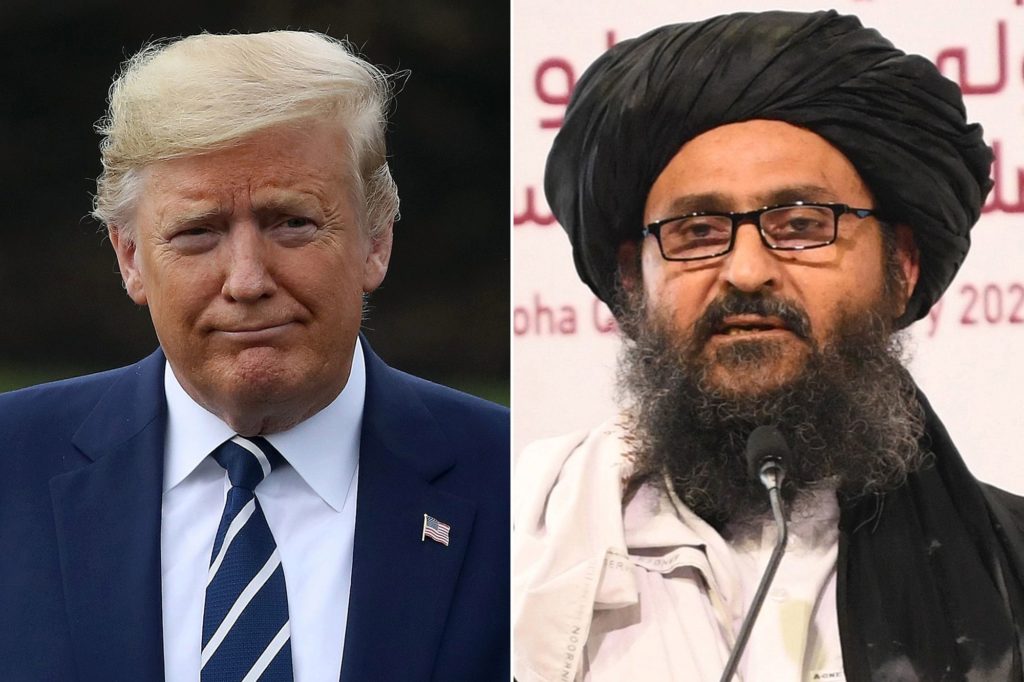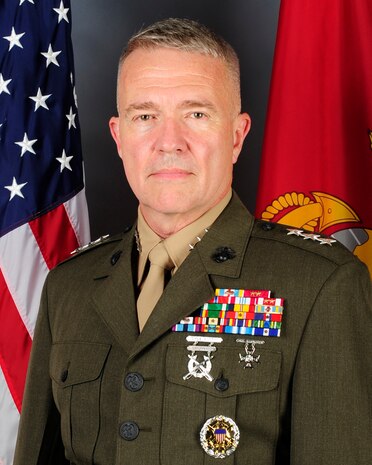The US peace deal with the Taliban contains many elements that do not conform to patterns of successful peacemaking. Approach of negotiating withdrawal followed by an initiation of peace process does not have many precedence in the contemporary statecraft. However, this unusual method may not necessarily fail.
Taliban-led violent events are still taking place in Afghanistan illustrating that Taliban are in no hurry to slow down. Taliban do not have a history of negotiating and maintaining peace. However, the deal is an opportunity for the Taliban to rise to the occasion and demonstrate their commitment to achieve and keep peace and for a change, they may take this trajectory.
The Commander of US Central Command General Kenneth McKenzie Jr. told the lawmakers at Capitol Hill on March 10 that the military has yet to develop plans for a full withdrawal from Afghanistan. A day earlier, the US Forces in Afghanistan had announced that the US military had begun pulling out its troops to bring it down to 8,600 benchmark over the next 135 days. Kenneth said during a House Armed Services Committee hearing that he has not received guidance from higher-ups to reduce the American footprint below 8,600, and that he would advise not reducing the American footprint below that number if conditions on the ground were not right. He said that he was skeptical that Taliban will honour their part of the peace deal.
The Peace Agreement is conditions-based upon the Taliban living up to commitments to reduce violence, cut ties with al-Qaida and to fight ISIS. So, for the time being, the American focus is on the first stage of withdrawal. America is committed to pull all its troops out of Afghanistan within 14 months. The plan to withdraw all American troops from Afghanistan is an “aspirational benchmark” that could change with progress of the peace talks.
During the same hearing, the head of US Central Command said that while recent Taliban attacks had not been against coalition forces, they were “not consistent with the movement toward a negotiated settlement.” “Taliban attacks are higher than we believe are consistent with an idea to actually carry out this plan,” General Kenneth said. Defense Secretary Mark Esper said that the Taliban were honouring the agreement in terms of “not attacking US and coalition forces, but not in terms of sustaining a reduction of violence.” He said General Scott Miller, the US commander in Kabul will pause the withdrawal and assess conditions once the troop level goes down to 8,600.
According to Lolita C. Baldor of Associated Press American troops have begun leaving Afghanistan for the initial troop withdrawal phase. The US troop withdrawal had to begin within 10 days after the deal was signed on Feb 29. Hundreds of troops otherwise heading out of the country as per previously planned rotation of troops, will not be replaced.
President Ashraf Ghani has indicated release of first tranche of 1500 Taliban prisoners after delaying it for over a week. The next crucial step is intra-Afghan talks in which all factions, including the Taliban, would negotiate a road map for their country’s future. However, the cardinal question remains over the viability of Afghan security forces to defend themselves from the Taliban.

President Donald Trump was not widely off the mark when he opined that Taliban could possibly overrun Afghan government: “We have to get our people back home. It’s not fair. We’re a police force over there. We’re maintaining things. Eventually, we have to leave.” American return to Afghanistan could be problematic should US forces close Bagram Air Base and leave the country. “We’ve looked at all kinds of over-the-horizon options and none of them are particularly good”, Kenneth McKenzie said.
Jibran Ahmad reported for Reuters that “Taliban have sent vehicles to be ready to collect prisoners expected to be released by the Afghan government in a prisoner exchange and said they will honour the deal by handing over 1,000 government troops”. A senior Taliban leader in Doha said vehicles had been sent to an area near Bagram Prison to fetch the freed fighters. “After our conversation with Zalmay Khalilzad on March 09, in which he conveyed to us the release of our 5,000 prisoners, we sent vehicles to pick them up,” he said. “The Taliban needs this [prisoner release] to show to their rank and file. For the foot soldiers on the ground, a reduction in violence agreement, a troop withdrawal agreement signed in Doha means nothing, fighters returning is something they can feel,” said an Asian diplomat in Kabul. The issue has become one of the biggest sticking points in any progress toward peace.
A Taliban spokesman, Suhail Shaheen, said that his group had handed a detailed list of all 5,000 prisoners to the US and was waiting for all to be released. “It will be acceptable only when they are handed over to us in a desert or in detention centers under the observation of our prison officials,’ he said. For their part, Taliban have finalized arrangements for the release of 1,000 prisoners. “We are planning to release the 1,000 prisoners of the Afghan government to the Red Crescent and they could then shift them to their hometowns or pay them cash for traveling home,” he said.
The US troops pullout and prisoner swap comes as Afghanistan’s rival leaders were each sworn in as president in separate ceremonies, creating another complication. The sharpening dispute between President Ashraf Ghani, who was declared the winner of last September’s election, and his rival Abdullah Abdullah, who talked about fraud in the vote, threatens to wreck the next key steps and even risks devolving into new violence.
As regards quality of security during the swearing in ceremony, a barrage of rockets landed in the capital near the site of the ceremonies. Ghani’s inauguration was briefly interrupted with some in the audience running for cover. But Ghani refused to leave the stage and urged calm. “I am not wearing an armored vest,” “We have seen big attacks. A couple explosions shouldn’t scare us,” Ghani said.
The only factor that matters for peace and stability is the implementation of the negotiated agreement regardless of many missed deadlines. Therefore, the US shall have to demonstrate unparalleled commitment to support the peace process if it wants to protect its security interests.




